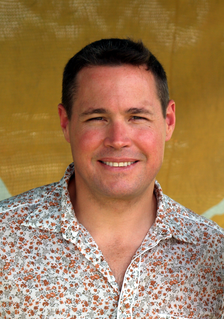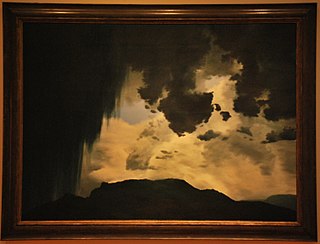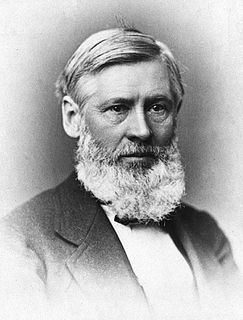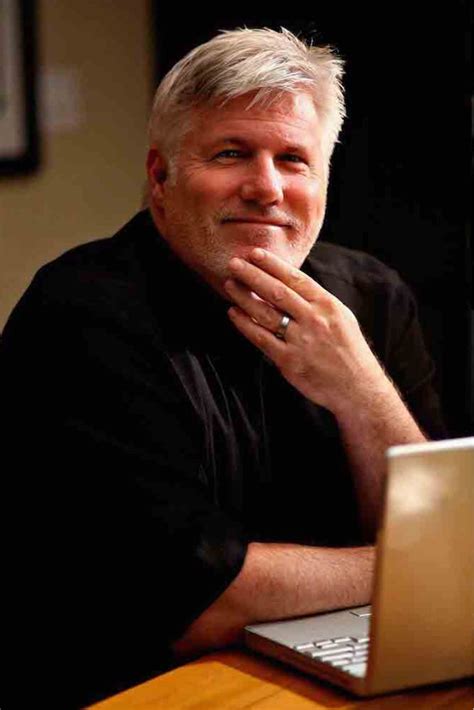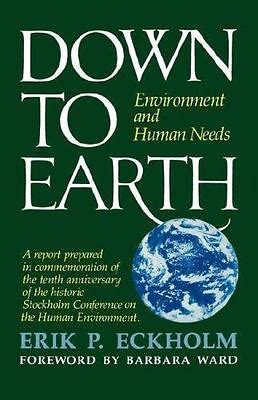A Quote by Brian D. McLaren
... why are so many religious people arguing about the origin of the species but so few concerned about the extinction of the species?
Related Quotes
Many scientists would argue that we are now in what is called Extinction, and it's caused by this perfect extinction storm: climate change, habitat loss, pollution, unsustainable exploitation of species and habitat resources, and of course, human population explosion. All of these factors work together and conspire to drive a species to extinction on our planet, every half an hour.
It's a fair guess that at the rate we're destroying habitat, especially but not exclusively in the tropics, we're pushing to extinction about one species every hour. That doesn't count the species whose populations are being reduced so greatly that diversity within the population is essentially gone.
The fundamental problem in the origin of species is not the origin of differences in appearance, since these arise at the level of the geographical race, but the origin of genetic segregation. The test of species-formation is whether, when two forms meet, they interbreed and merge, or whether they keep distinct.
Researchers keep identifying new species, but they have no idea about the life cycle of a given species or its other hosts. They cut open an animal and find a new species. Where did it come from? What effect does it have on its host? What is its next host? They don't know and they don't have time to find out, because there are too many other species waiting to be discovered and described.
There are millions of different species of animals and plants on earth--possibly as many as forty million. But somewhere between five and fifty BILLION species have existed at one time or another. Thus, only about one in a thousand species is still alive--a truly lousy survival record: 99.9 percent failure!
Looking around the world at these wildlife, it's abundantly clear that humans have benefited from nature in so many ways but have also brought many species to the brink of extinction...The American people that I interact with through my IS Foundation work do not want to allow this to happen; they do not want to let these species go without a fight; and they see the way in which nature provides for people around the world.
The earth has continued to change, from rapid climatic changes that have caused the glaciers and the ice sheets to basically bulldoze the landscape and cause species compression in the tropics and cause mass species extinction - you know, all these huge changes. In terms of evolution, every species is doomed to eventual extinction. The natural world is constantly changing. So, to deal with "environmental problems," in quotes, totally misses the issue. That is not the way we want to define our problem if we're going to find our solution.
There is no sense in meddling with the extinction of polar bears, not when so many more pressing human problems await. Until there's ironclad proof of how and why extinction works, and how much evil we've done to hasten it along, I'm going to save my emotional anguish for dying and suffering members of my own species.
The big question that scientists haven't even begun to get an answer for is how many species of microorganisms are there? Now, this is not stamp collecting. What we need is experts totally devoting their research to everything they can find out about every species, in a community of scientists who appreciate that every fact counts...everything new you learn about any species in any group is worth publishing somewhere.
One animal or plant species may become extinct every hour. All species are doomed to extinction, but man through worldwide development/killing animals for food/profit/using toxic chemicals such as pesticides/industrial wastes, will accelerate the extinction of plants/animals and the result will be a more hostile environment for man.

